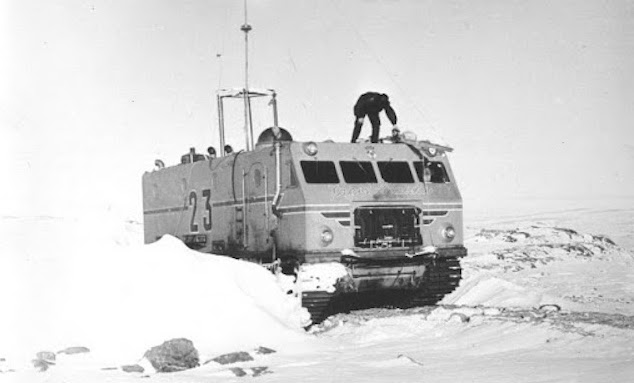CHAPTER FORTY-SEVEN
Harassment and Interdiction Fire
The Tundra Cat whined over the top of the soft summer mud at top speed. I knelt next to Don, who lay on his back. The vehicle’s constant movement caused him to groan, with each small bounce or course correction. I prepared another syringe with ten milligrams of morphine, which I administered into the exposed hollow of his undamaged shoulder. I aspirated to make sure I had not entered a vein before I put light pressure on the plunger. I then refilled and reused the same syringe on Dutch. I flashed him a look of encouragement before tossing the syringe over the side. Only one was left in my bag, and not much more than one shot remained in the bottle. I hoped that I would not need it for myself.
















Don's Miss any Updates or New Chapters
Join our mailing list to receive the latest news and updates from our team.
You have Successfully Subscribed!